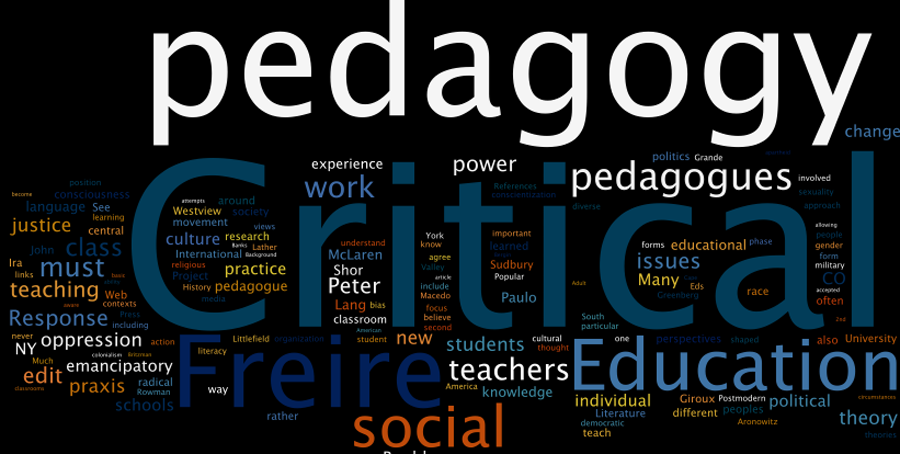 Educational technology is such a rabbit-hole. There are thousands of blogs, websites, TED talks, and journal articles about ways to integrate tech into your teaching environment. At the same time, there are thousands of teachers- of all grades- who bemoan the short attention span of students, who battle with personal tech in class, and who advocate for simpler teaching.
Educational technology is such a rabbit-hole. There are thousands of blogs, websites, TED talks, and journal articles about ways to integrate tech into your teaching environment. At the same time, there are thousands of teachers- of all grades- who bemoan the short attention span of students, who battle with personal tech in class, and who advocate for simpler teaching.Librarians are more cutting edge than they typically think they are when it comes to being early adopters of new technology. In spite of our clunky ILSes, or perhaps because of them, libraries have pushed url-link resolvers, proxy server authentication, and web-asset management forward for years and years. The downside to that is that we tend to think students benefit only from our management of the technology instead of teaching them more about how things work and allowing students to really be in control of the tech.







